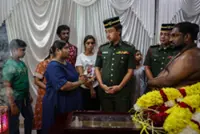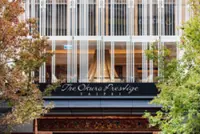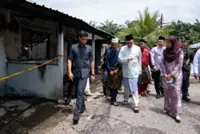Janet Lee, was born epileptic. She had her first epileptic episode at eight months old and was subsequently diagnosed as intellectually and developmentally delayed.
She faces communication difficulties and experiences unpredictable seizures. What is worse is that her epilepsy is intractable, meaning it can’t be controlled by medication and the seizures occur suddenly without any pre-warning.





